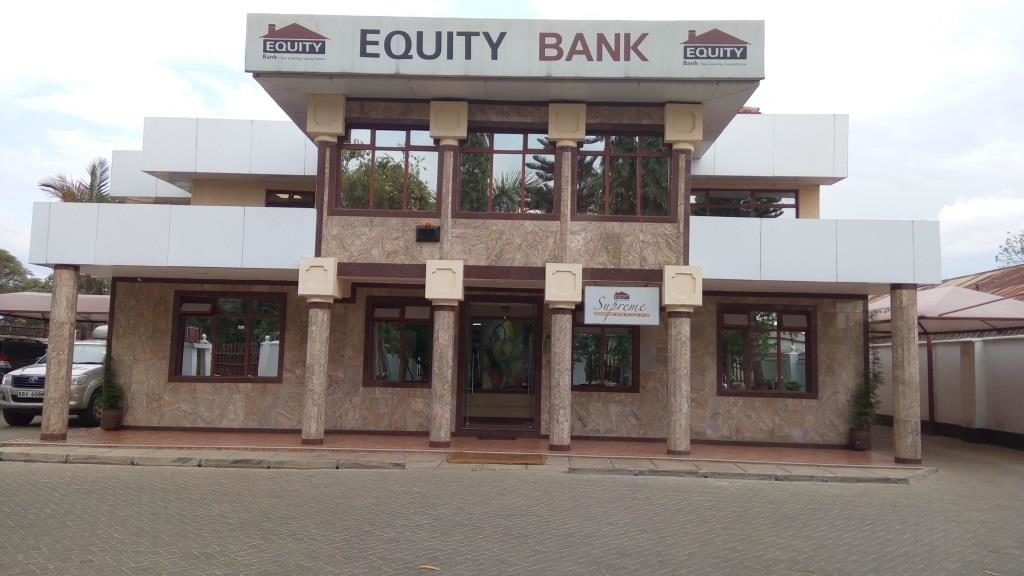As Kenyans still face tough economic times, Equity Bank has made a bizarre move to introduce fees for transaction confirmation alerts sent via SMS. According to a notice sent to its more than 10 million customers, a standard SMS charge of KES 2.26 will be applicable for every mobile and online transaction confirmation alert, effective from 24th April 2023. This new fee is expected to boost the bank’s non-interest income, as it follows the introduction of an annual debit card fee of KES 240 last year.
Charging for SMS alerts is ridiculous no matter how you look at it. The approach should have been setting a limit on the number of SMS alerts a customer can get in a given month and charging for the alerts for anyone who want more than the set number. This would have been useful and make sense as those who want more alerts probably do more transactions and may not have a problem paying compared to those who receive a handful of alerts per month.
The new fee is projected to earn Equity Bank Kenya hundreds of millions of shillings annually. The bank saw its total non-interest income in Kenya grow to KES 27.5 billion in the year ended December, up from KES 22.8 billion a year earlier according to the Business Daily. This included fees and commissions, not related to loans, which jumped to KES 7.5 billion from KES 6.7 billion.
Other Bank With Similar Charges
Other banks in Kenya, such as Co-operative Bank of Kenya and Absa Bank Kenya, also charge customers for receiving message alerts. Co-operative Bank of Kenya charges KES 42, while Absa Bank Kenya charges KES 5.
The reintroduction of charges by commercial banks at the start of the year for bank-to-mobile transactions is expected to boost earnings. The Central Bank of Kenya had temporarily stopped the charges to lower the risk of Covid-19 infections by encouraging cashless transactions.
The move by Equity Bank Kenya to introduce a new fee for transaction confirmation alerts via SMS is not surprising given the trend by banks worldwide to boost their non-interest income. Non-interest income, such as fees and commissions, have become increasingly important for banks in recent years, as they seek to offset the impact of low-interest rates on their interest income.
Read: I&M Bank Takes Bold Step to Waive Bank to Mobile Money Transaction Fees

